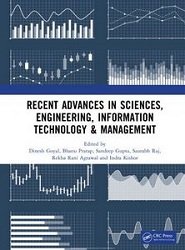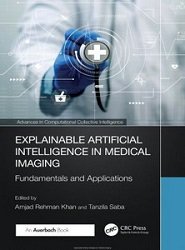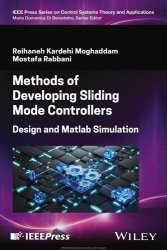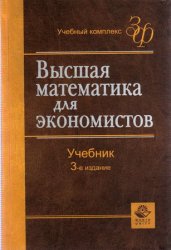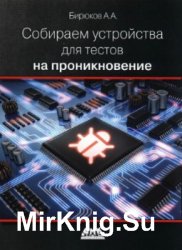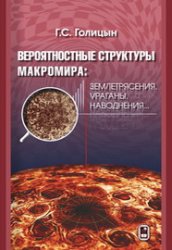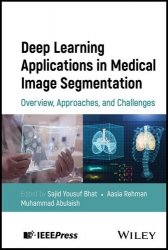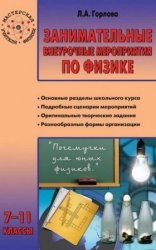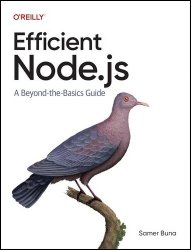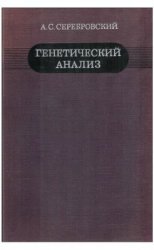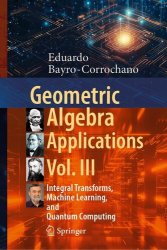 Название: Geometric Algebra Applications Vol. III: Integral Transforms, Machine Learning, and Quantum Computing
Название: Geometric Algebra Applications Vol. III: Integral Transforms, Machine Learning, and Quantum Computing Автор: Eduardo Bayro-Corrochano
Издательство: Springer
Год: 2024
Страниц: 662
Язык: английский
Формат: pdf (true)
Размер: 36.1 MB
The goal of Geometric Algebra Applications Vol. III: Integral Transforms, Machine Learning, and Quantum Computing is to present a unified mathematical treatment of diverse problems in the general domain like Clifford Fourier Transforms, Deep Learning and Geometric Algebra Convolutional Neural Networks, Quaternion Quantum Fourier Transform and Geometric Quantum Computing.
This book presents the theory and applications of an advanced mathematical language called geometric algebra that greatly helps to express ideas and concepts, and to develop algorithms in the broad domain of robot physics.
The book is aimed at a graduate level; thus, a basic knowledge of linear algebra and vector calculus is needed. A mind free of biases or prejudices caused by old-fashioned mathematics like matrix algebra and vector calculus is an even better prerequisite to reading this book.
Ideas and concepts in Information Theory, Machine Learning, and Quantum Computing can be advantageously expressed using an appropriate language of mathematics. Of course, this language is not unique. There are many different algebraic systems, with their advantages and disadvantages. Furthermore, treating a problem combining excessively different mathematical systems results in a fragmentation of the knowledge. In this book, we present geometric algebra, which we believe is the most powerful available mathematical system to date. It is a unifying language for treating Information Theory, Machine Learning, and Quantum Computing; as a result, the knowledge is not fragmented and we can produce compact and less redundant mathematical expressions that are prone to be optimized for real-time applications.
Topics and features:
· Introduces nonspecialists to Clifford, or geometric algebra and by example encourages the reader to learn to compute using geometric entities and geometric formulations.
· A study in depth for applications of Lie group theory, Lie algebra, projective geometry, and the algebra of incidence using the conformal geometric algebra.
· Features the computing frameworks of the linear model n-dimensional affine plane and the nonlinear model of Euclidean space known as the horosphere, and addresses the relationships of these models to conformal, affine, and projective geometries.
· Includes a thorough study of Integral transforms: Quaternion and Clifford Transforms, quaternion analytic signal, monogenic signals, Hilbert transform, Riesz transform, Clifford Fourier Transform, Quaternion Wavelet transforms, Quaternion Quantum Fourier Transform, 3D Radon Transform and Hough-Transform in geometric algebra.
· Color image processing using the color model HSV, Quaternion Split rotors and motors, and the space-time Lorentz transform.
· Geometric neural computing using Split Quaternions, Geometric Algebra neural networks, Clifford Support Vector Machine and Neuro Control.
· Thorough discussion of several tasks of computer vision, graphics, neurocomputing, and robotics. machine learning, Deep Learning and CNNs, and Geometric Quantum Computing using the geometric algebra framework.
· 130 exercises and hints for the development of future computer software packages for extensive calculations in geometric algebra. An entire section is dedicated to explaining how one should write the subroutines in C++, Python, Matlab, and Maple to carry out efficient geometric computations in the geometric algebra framework. Furthermore, it is shown how program code can be optimized for real-time computations.
No prior knowledge in computer vision, robotics, wavelets theory, or neural computing of graphics engineering is indispensable. If you are acquainted with topics of those fields, even better. The book is well suited for a taught course or self-study at the postgraduate level.
The book is an essential resource for applied mathematicians, physicists, computer scientists, graphics engineering, AI and Machine Learning researchers, roboticists and mechanical and electrical engineers, neurocomputing researchers, neuroscientists, and quantum computing specialists. It clarifies and demonstrates the importance of geometric computing for building autonomous systems and pushes forward advances in geometric cybernetics research.
Скачать Geometric Algebra Applications Vol. III: Integral Transforms, Machine Learning, and Quantum Computing
[related-news] [/related-news]
Комментарии 0
Комментариев пока нет. Стань первым!
